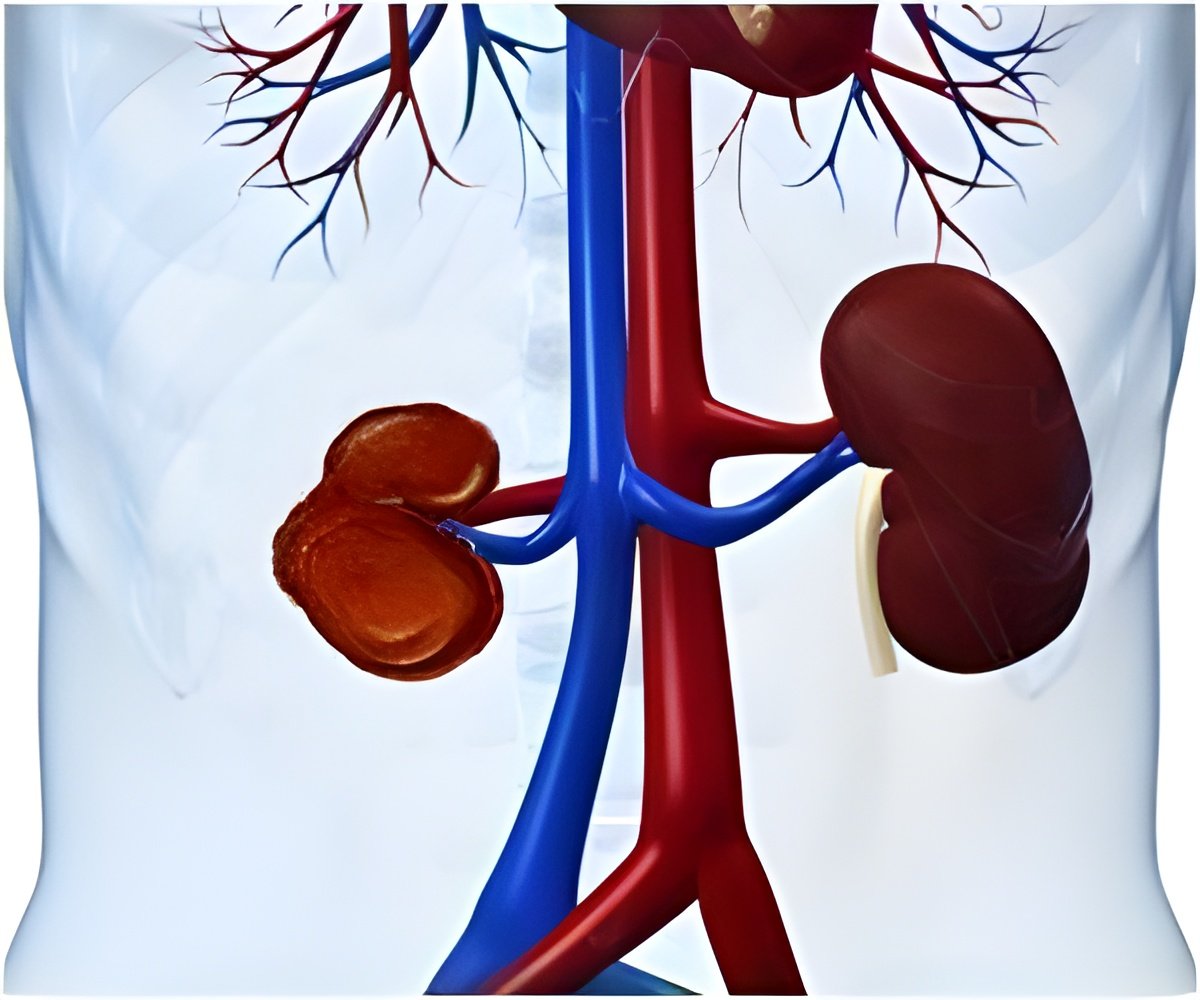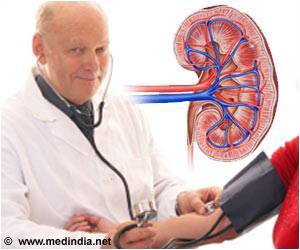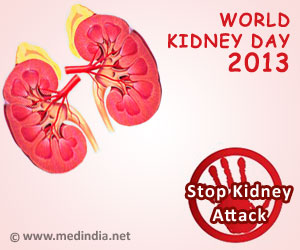The risk of cardiovascular disease increased in individuals with the highest urinary sodium excretion independent of several important CVD risk factors.

This study included 3,757 patients with CKD from 7 locations in the U.S. enrolled in the Chronic Renal Insufficiency Cohort (CRIC) Study and were followed up from May 2003 to March 2013. Participants were requested to provide urine specimens at study entry and the first 2 annual follow-up visits. Among the participants (average age, 58 years; 45 percent women), 804 composite CVD events (congestive heart failure, stroke, or heart attack) occurred during a median 6.8 years of follow-up.
The researchers found a significantly increased risk of CVD in individuals with the highest urinary sodium excretion independent of several important CVD risk factors, including use of antihypertensive medications and history of CVD. The cumulative incidence of CVD events in the highest quartile of calibrated sodium excretion compared with the lowest was 23.2 percent vs 13.3 percent for heart failure, 10.9 percent vs 7.8 percent for heart attack, and 6.4 percent vs 2.7 percent for stroke at median follow-up.
Findings were consistent across subgroups and independent of further adjustment for total caloric intake and systolic blood pressure.
"These findings, if confirmed by clinical trials, suggest that moderate sodium reduction among patients with CKD and high sodium intake may lower CVD risk," the authors write. The study is published in JAMA
Source-Eurekalert















